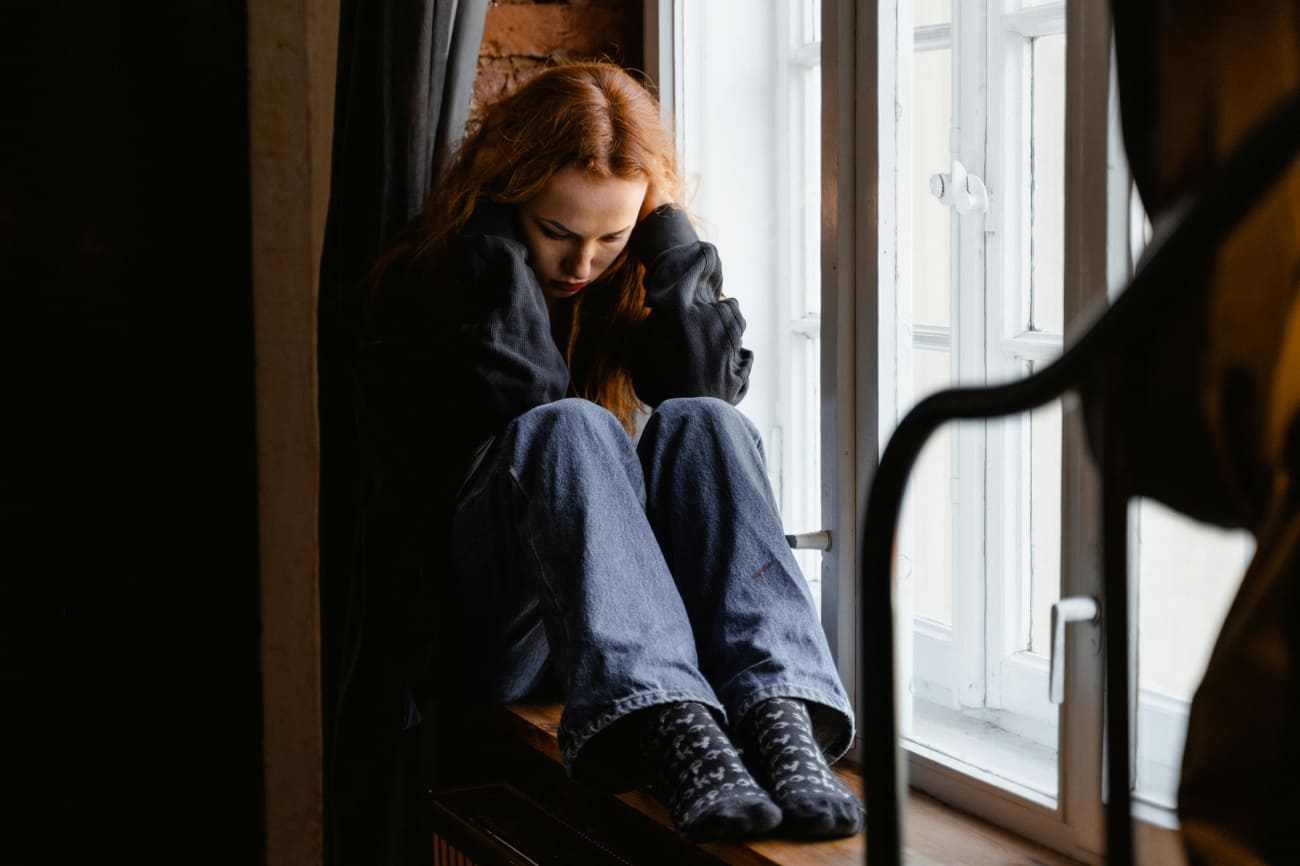
Depression and Anxiety Treatments: 5 Options You Must Know
Depression and anxiety are like unwelcome guests who show up uninvited and overstay their welcome. These mental health conditions can affect anyone, and they often go hand in hand. While dealing with them can be challenging, it's important to remember that various treatments are available to help manage these conditions.
Let's explore some of the most effective treatments for depression and anxiety in a way that’s both conversational and informative.
-
Understanding Depression and Anxiety
Before diving into treatments, we must understand what we're dealing with. Depression is more than just feeling sad; it's a persistent feeling of sadness and loss of interest that affects how you feel, think, and handle daily activities. Anxiety, on the other hand, involves excessive worry, fear, or nervousness that can interfere with your daily life. Both conditions can be debilitating, but they’re also treatable.
-
Therapy
One of the most effective treatments for both depression and anxiety is therapy. There are different types of therapy, but some of the most common include:
Cognitive Behavioral Therapy (CBT): Helps you identify and change negative thought patterns and behaviors. It's particularly effective for treating anxiety and depression.
Interpersonal Therapy (IPT): Focuses on improving personal relationships and addressing issues that contribute to depression.
Exposure Therapy: Often used for anxiety, this therapy helps you face your fears in a controlled and safe environment.
-
Medications
Medications can play a crucial role in managing symptoms:
-
Antidepressants: These medications, like SSRIs (Selective Serotonin Reuptake Inhibitors) and SNRIs (Serotonin Reuptake Inhibitors), are commonly prescribed for depression and anxiety. They help balance chemicals in the brain that affect mood and emotions.
-
Anti-Anxiety Medications: Medications like benzodiazepines can help reduce anxiety symptoms, although they’re typically prescribed for short-term use due to the risk of dependence.
-
-
Lifestyle Changes
Sometimes, simple changes in your daily routine can make a big difference:
-
Exercise: Physical activity releases endorphins, which are natural mood lifters. Regular exercise can help reduce symptoms of both depression and anxiety.
-
Diet: Eating a balanced diet rich in fruits, vegetables, lean proteins, and whole grains can support your mental health.
-
Sleep: Ensure you’re getting enough quality sleep. Poor sleep can exacerbate both depression and anxiety.
-
-
Mindfulness and Relaxation Techniques
Practices like mindfulness, meditation, and yoga can help calm your mind and reduce stress. Mindfulness involves staying present in the moment and can help you manage negative thoughts.
-
Support Groups
Connecting with others who understand what you’re going through can be incredibly therapeutic. Support groups provide a safe space to share experiences and coping strategies.
-
Dealing with depression and anxiety is undoubtedly challenging, but remember, you’re not alone. Multiple treatments are available, and what works for one person might not work for another. Be patient with yourself and find the right combination of treatments that suit your needs.
Whether through therapy, medications, lifestyle changes, or support groups, there is hope for managing these conditions and leading a fulfilling life. Always consult with a healthcare professional to determine the best course of action for your specific situation. And remember, taking the first step towards seeking help is a brave and vital move toward finding peace and well-being.
